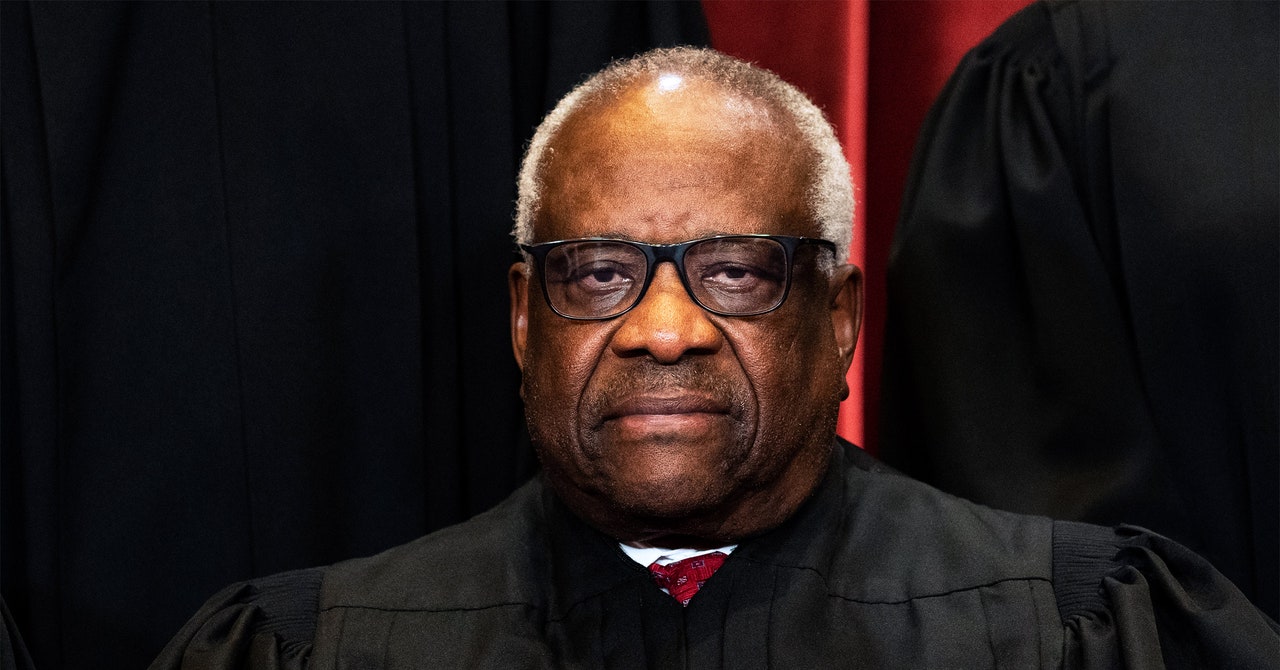Florida law remains blocked and the state is very interested in the outcome of the battle in Texas. Florida filed a Supreme Court memorandum Wednesday in support of Texas, and the Florida memorandum was co-signed by 11 other states: Alabama, Alaska, Arizona, Arkansas, Iowa, Kentucky, Mississippi, Missouri, Montana, Nebraska and South Carolina.
“Amici states have a strong interest in defending sovereign state regulatory authority in this area,” the Florida briefing said. “Indeed, many states have passed or are considering laws similar to the laws of Texas and Florida, and believe the Fifth Circuit was correct to hold the district court order pending appeal.”
The Texas law applies to social media platforms with “more than 50 million active users in the United States in a calendar month.” It states that a “social media platform should not censor a user” based on the user’s “point of view” and defines “censorship” as “block, ban, delete, deplatform, demonetize, de-boost, restrict, deny equal access or visibility to, or otherwise discriminate against speech.” Under the law, users or the Texas Attorney General can sue platforms that violate the ban.
Texas Claims First Amendment Doesn’t Apply
The Texas letter states that the law prohibiting moderation based on “point of view” does not violate the First Amendment because it “regulates behavior, not speech, especially the discriminatory refusal of platforms to provide service or discriminatory reduction of service.” to classes of clients The First Amendment does not generally prohibit “behavior” restrictions, even if those “impose” restrictions[e] incidental charges on speech.’ Since the hosting rule only requires the platforms to serve customers on a non-discriminatory basis, it’s “a perfectly legitimate thing for the government to do,” even if the service the platforms provide is “hosting someone else’s speech.” .
Texas claimed that social networks cannot claim a right to “editorial discretion” because the “platforms have for years disclaimed responsibility for or editorial control over the content generated by their users”. Texas also argued that an “entity does not exercise ‘editorial discretion’ by controlling communications between third parties. Even if the platforms exercised some degree of editorial discretion by hosting the speech of others, they would still not exercise ‘editorial discretion’.” have to be free of a regulation that restricts the way they control users’ communications with each other.” The social platforms “were built for the specific purpose of hosting third-party speech and are “open to the public to come and go as they please,” Texas wrote.
Texas said its case is supported by the Supreme Court pruning yard decision regarding a shopping center forbidding visitors to engage in expressive activities not “directly related to” [the mall’s] commercial purposes,” violating a California law prohibiting malls from infringing on the “speech and petition rights” of the visiting public.” Texas continued:
This Court rejected the mall’s argument that it enjoyed a “first amendment right not to be coerced by the state” [its] property as a forum for the speech of others.” This court concluded that California’s requirement to host did not infringe the mall’s speech rights for three reasons. First, because the mall “was open to the public to come and go whenever they want”, no reasonable onlooker would have linked a particular speaker’s opinion with that of the mall itself. Second, California did not require the mall to present a “specific message”; instead, the state law applies equally to all potential speakers and messages.Third, the mall remained free to “expressly disclaim any association with” an unfavorable speaker or message…

